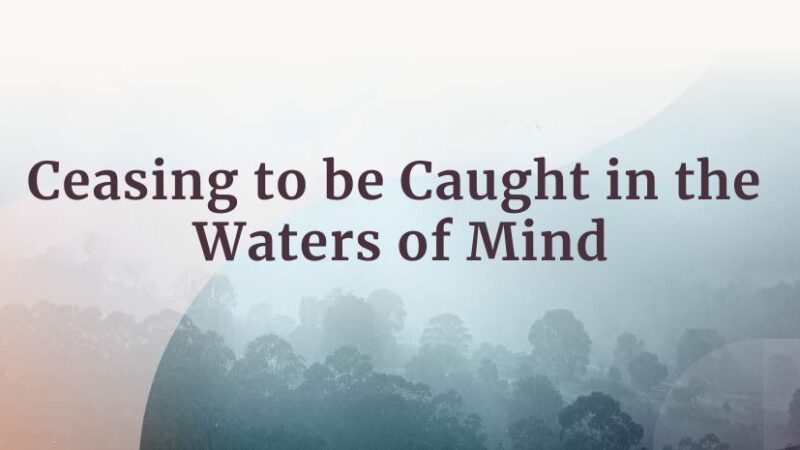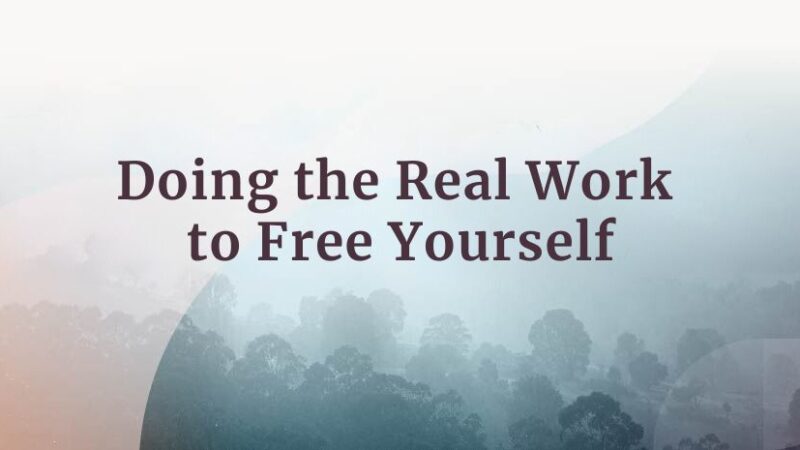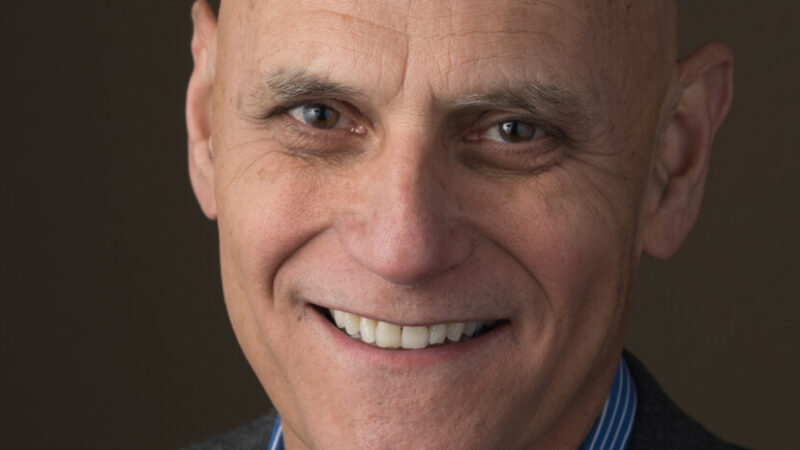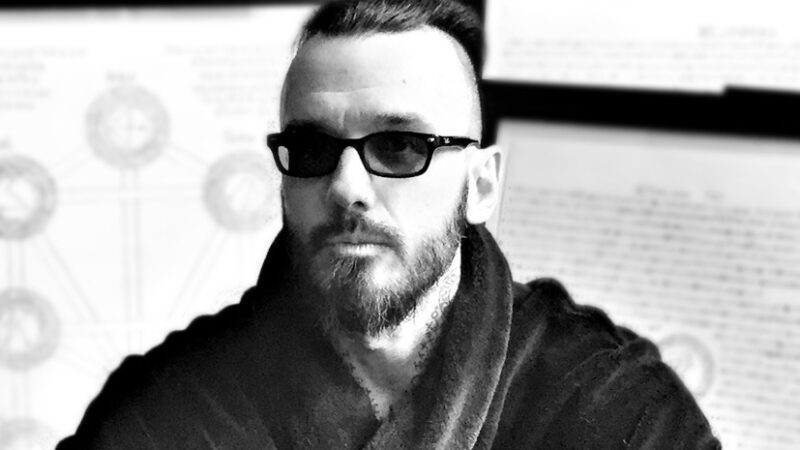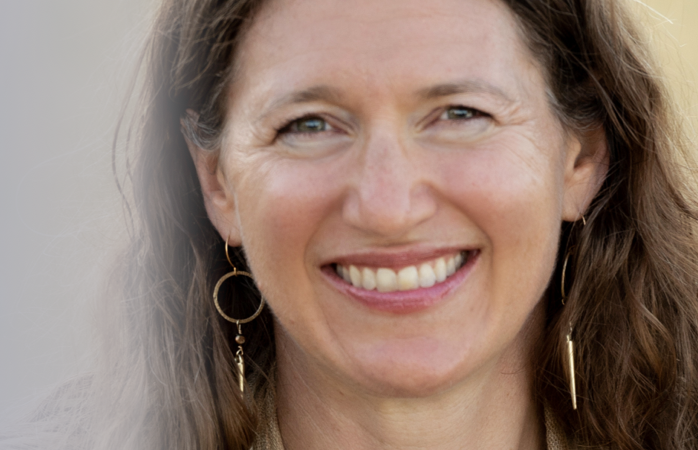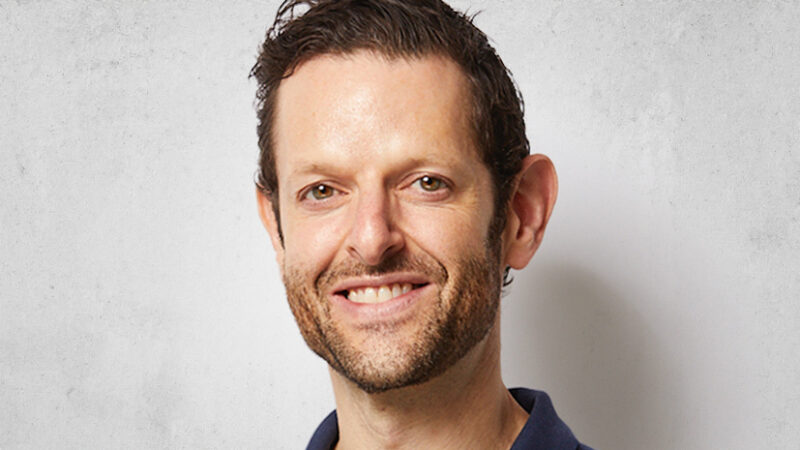The natural world has provided inspiration to poets, artists, and creatives of every ilk. And that includes inventors and innovators like Dr. Jeff Karp. In this podcast, Tami Simon speaks with the renowned biomedical engineer and founder of The Karp Lab about his new book, LIT (Life Ignition Tools): Use Nature’s Playbook to Energize Your Brain, Spark Ideas, and Ignite Action, and how you yourself can turn to the natural world as an ally for problem-solving, unexpected insight, and profound transformation on a daily basis.
Enjoy this incredibly inspiring conversation exploring: The work of the “bioinspirationalist”; how sandcastle worms inspired a new approach to vascular reconstruction in humans; the LIT state and how we can open ourselves up to limitless possibilities in any situation; the pendulum swing between “dull moments” and the times we are totally lit up; the life force within everything; the importance of changing up our routines; LEB (low energy brain); the “press pause” tool of LIT; working with intention; elevating your baseline feeling of wellness and fulfillment; viewing the world through the lens of energy transfer; how we are all contributing to evolution; the practice of cycling through your senses; appreciating our interconnectedness; creating space; aligning your thoughts and actions with your core values; turning negatives into positives; finding rituals and practices to enter into the LIT state; mining the treasures of neurodiversity; and more.
Note: This episode originally aired on Sounds True One, where these special episodes of Insights at the Edge are available to watch live on video with exclusive access to Q&As with our guests. Learn more at join.soundstrue.com.
